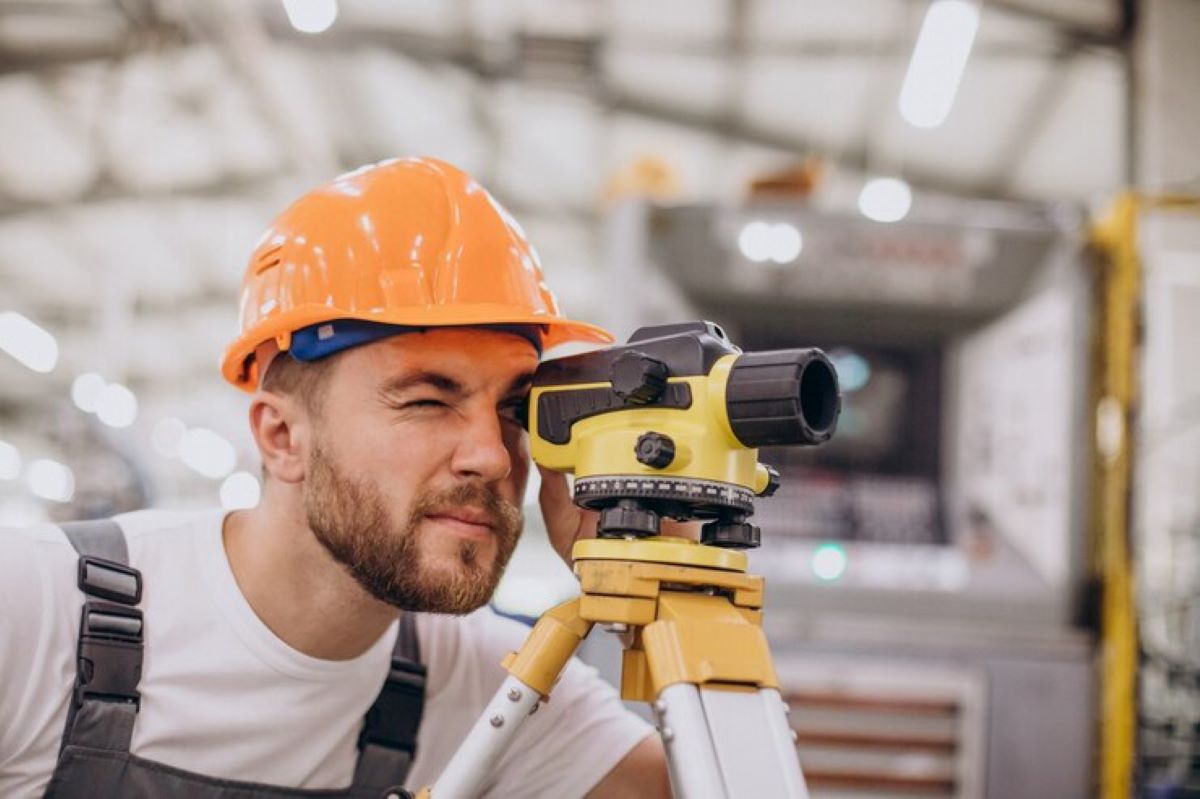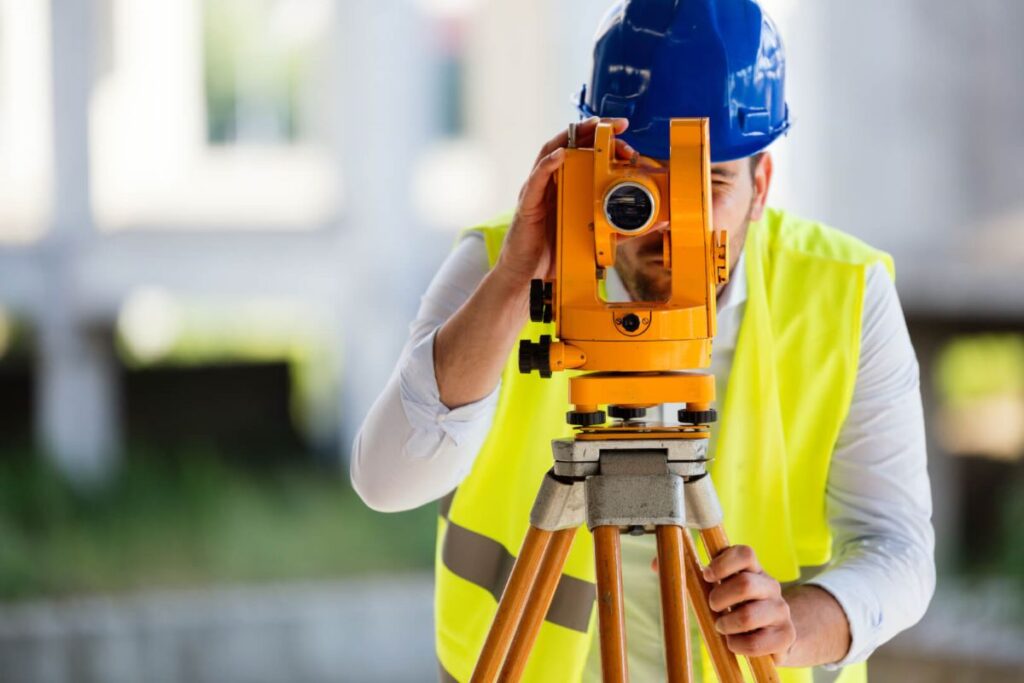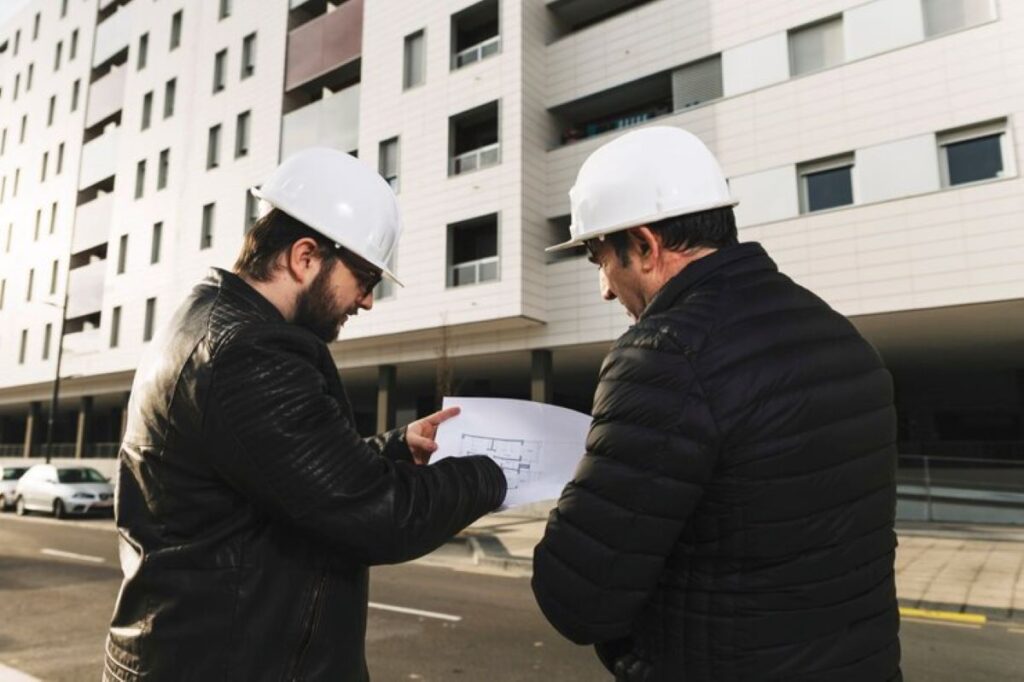
- by admin
When embarking on a construction or property development project in Sydney, hiring a qualified surveyor is crucial. Surveyors play a vital role in ensuring that projects comply with local regulations and are executed efficiently. This article will guide you through what to expect when hiring a surveyor in Sydney, covering their roles, the hiring process, and key considerations to keep in mind.
The Role of a Surveyor
Surveyors are professionals who measure land and property boundaries, assess site conditions, and provide essential data for construction projects. Their expertise is invaluable in both residential and commercial developments. Understanding the various roles a surveyor can fulfil will help you determine your specific needs.
Types of Surveyors
In Sydney, there are several types of surveyors, each specialising in different areas. The most common types include:
- Land Surveyors: These professionals focus on determining property boundaries and land features. They provide precise measurements that are essential for legal documentation and construction planning.
- Building Surveyors: Building surveyors ensure that construction projects comply with building codes and regulations. They conduct inspections and assessments throughout the building process.
- Quantity Surveyors: These surveyors specialise in cost management and financial planning for construction projects. They help clients budget effectively and manage expenses.
Key Responsibilities
Surveyors undertake a range of responsibilities, including:
- Conducting site surveys to gather data on topography and existing structures.
- Preparing detailed reports and documentation for planning applications.
- Providing advice on land use and zoning regulations.
Understanding these responsibilities will help you communicate your requirements more effectively when hiring a surveyor.
In addition to these core duties, surveyors also play a crucial role in the development of infrastructure projects. They collaborate with engineers and architects to ensure that the designs are feasible and that the land can accommodate the proposed structures. This collaboration often involves the use of advanced technology, such as Geographic Information Systems (GIS) and 3D modelling, which allow surveyors to visualise the land and its potential uses more accurately. Such technological advancements not only enhance the precision of their work but also streamline the overall planning process, leading to more efficient project delivery.
Moreover, surveyors must stay abreast of changes in legislation and environmental regulations, as these can significantly impact land use and development. For instance, with the increasing emphasis on sustainability, surveyors are now often tasked with assessing the environmental impact of proposed projects. This might involve evaluating the potential effects on local ecosystems and advising clients on how to mitigate any adverse impacts. As such, the role of a surveyor is not only about measuring land but also about ensuring that developments are responsible and sustainable for future generations.
The Hiring Process
Finding the right surveyor involves several steps. It is essential to approach the hiring process methodically to ensure you select a qualified professional who meets your specific needs.
Research and Recommendations
Start by conducting thorough research. Seek recommendations from friends, family, or colleagues who have previously hired surveyors in Sydney. Online reviews and testimonials can also provide valuable insights into a surveyor’s reputation and reliability.
Additionally, professional organisations, such as the Surveying and Spatial Sciences Institute (SSSI), can be excellent resources for finding qualified surveyors in your area.

Checking Qualifications and Experience
Once you have a shortlist of potential surveyors, it is crucial to verify their qualifications. Ensure that they are registered with the appropriate professional bodies and possess the necessary certifications. Experience in your specific type of project is also vital; for instance, a surveyor with extensive experience in residential developments may not be the best fit for a commercial project.
Don’t hesitate to ask for references or examples of previous work. This can provide insight into their expertise and reliability.
Initial Consultation
Most surveyors will offer an initial consultation, which is an opportunity to discuss your project in detail. During this meeting, you can outline your requirements, ask questions, and gauge their understanding of your needs. Pay attention to their communication style and willingness to address your concerns, as these factors can significantly impact your working relationship.
Cost Considerations
Understanding the costs associated with hiring a surveyor is essential for budgeting your project effectively. Surveyor fees can vary widely based on several factors, including the complexity of the project, the surveyor’s experience, and the specific services required.
Fee Structures
Surveyors typically charge in one of three ways:
- Hourly Rate: Some surveyors charge by the hour, which can be beneficial for smaller projects or consultations.
- Fixed Fee: For well-defined projects, a fixed fee may be negotiated. This can provide clarity and help you manage your budget.
- Percentage of Project Cost: In some cases, surveyors may charge a percentage of the overall project cost, particularly for larger developments.
When discussing fees, ensure that you understand what is included in the quoted price. Additional costs may arise for extra services, so it is wise to clarify these details upfront.
Budgeting for Additional Services
In addition to basic surveying services, you may require additional support, such as planning applications or project management. These services can add to the overall cost, so it is essential to factor them into your budget from the outset.
Being transparent about your financial constraints during the initial consultation can help the surveyor tailor their services to fit your needs without compromising quality.
Communication and Collaboration
Effective communication is key to a successful partnership with your surveyor. Establishing clear lines of communication from the outset can help prevent misunderstandings and ensure that your project runs smoothly.
Setting Expectations
During the initial consultation, it is important to set clear expectations regarding timelines, deliverables, and communication frequency. Discuss how often you would like updates on the project and the preferred method of communication, whether it be email, phone calls, or in-person meetings.
By establishing these parameters early on, both you and the surveyor can work together more effectively and address any issues that may arise promptly.
Feedback and Adjustments
Throughout the project, providing constructive feedback can help the surveyor align their work with your vision. Be open to discussing any concerns or changes you may wish to implement as the project progresses. A good surveyor will appreciate your input and be willing to make adjustments as needed.
Legal and Regulatory Compliance
One of the primary roles of a surveyor is to ensure that your project complies with local laws and regulations. This aspect of their work is critical, as non-compliance can lead to costly delays and legal issues.
Understanding Local Regulations
Sydney has specific zoning laws and building codes that must be adhered to during any construction project. A qualified surveyor will have a thorough understanding of these regulations and can guide you through the necessary steps to ensure compliance.
It is advisable to discuss any potential regulatory challenges during your initial consultations. A proactive approach can help mitigate risks and streamline the approval process.

Documentation and Approvals
Surveyors are often responsible for preparing and submitting documentation required for planning approvals. This can include site plans, boundary surveys, and other essential paperwork. Ensuring that these documents are accurate and submitted on time is crucial for the success of your project.
Understanding the documentation process and the role of your surveyor in this regard can help you stay informed and engaged throughout the project.
Final Thoughts
Hiring a surveyor in Sydney is a significant step in any construction or property development project. By understanding the roles, responsibilities, and hiring process, clients can make informed decisions that contribute to the success of their projects.
From initial consultations to compliance with local regulations, a qualified surveyor can provide invaluable support and expertise. By fostering effective communication and collaboration, clients can ensure that their vision is realised while adhering to all necessary legal requirements.
Ultimately, taking the time to select the right surveyor can save both time and money, making it a worthwhile investment in the long run. With the right professional by your side, navigating the complexities of property development in Sydney can be a smooth and successful endeavour.
Related : Tips for Working Effectively with Surveyors in Sydney